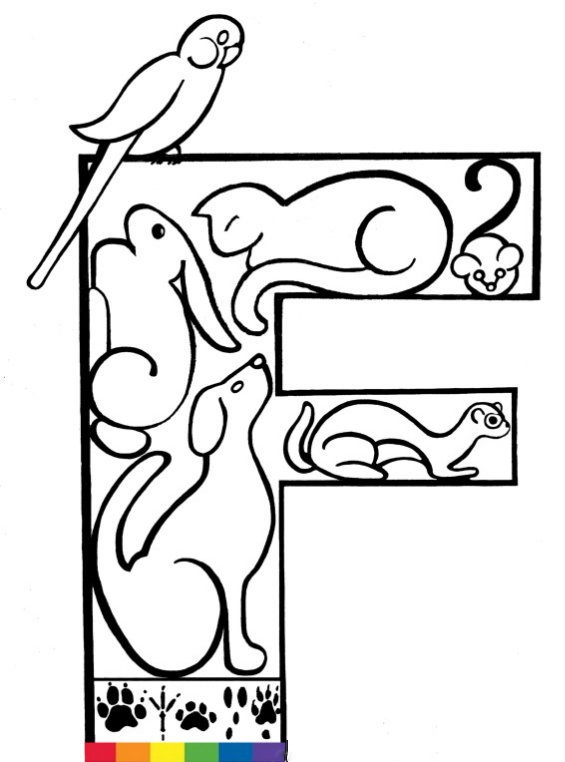Pet Toxicology Experts Release State-Specific Top 20 Toxins List New Interactive Tool Allows Pet Lovers to Research Potential Dangers in Their Area MINNEAPOLIS, Minn. (March 1, 2023) – In honor of Pet Poison Prevention Month in March, the toxicology experts at Pet Poison Helpline analyzed five years of proprietary call data and are releasing the next iteration of Toxin Trends, an online tool designed to help consumers and veterinary professionals research dangerous and potentially deadly toxins in their area. “Last year we released our first Toxin Trends dashboard, which analyzed the most-reported dangerous plants in each market,” said Renee Schmid, DVM, DABT, DABVT, a senior veterinary toxicologist at Pet Poison Helpline. “Our new Toxin Trends tool identifies the top 20 potentially dangerous toxins to pets based on our last five years of call data and identifies where in the United States and Canada pets are most at risk for that particular exposure. These toxins include medications, foods, plants, chemicals, and other potentially harmful items.” The tool also lists what clinical signs were reported for each toxin. As expected, the number one reported toxin in every state and province for dogs is chocolate. After chocolate, however, various regional differences emerge. In a number of states such as Texas and North Dakota, the artificial sweetener Xylitol is the second-most common toxin call for dogs. For birds in California, the wood preservative copper naphthenate was the most common call over the last five years, followed by avocados. In many states, including Texas, lily poisoning was the most common call regarding cats. “Some of the items included in the Top 20 toxins for each state are pretty obvious, such as chocolate and rat poison, but unusual dangers such as wood preservatives and even avocados rank high in some states for different species,” added Dr. Schmid. “Unlike in the United Staties, Canadian households have more cats than dogs, and that preference is reflected in our Toxin Trends call data,” said Dr. Schmid. “We receive a higher percentage of cat-related calls from Canadians than we do from U.S. pet owners. Nearly 20% of our calls from Quebec over the last five years, for example, involve cats. That is higher than any U.S. state.” “We wanted to share our proprietary data to help educate pet lovers and veterinary professionals about which poisons are most prevalent in their area,” added Dr. Schmid. “Toxin Trends is free and easy to use, and we hope people find it valuable. Information is power, and we want to empower pet owners to be aware of what toxins are a potential threat to their pets in their area. It can also be useful if you plan to travel with your pets to a location that may expose them to toxins they are not normally exposed to at home.” Pet Poison Helpline plans to release future iterations of the Toxin Trends dashboard that will highlight additional insights gleaned from the company’s database of emergency calls. The goal of sharing this exclusive data is to save pets’ lives and make the world safer for animals. About Pet Poison Helpline Pet Poison Helpline, your trusted source for toxicology and pet health advice in times of potential emergency, is available 24 hours, seven days a week for pet owners and veterinary professionals who require assistance treating a potentially poisoned pet. We are an independent, nationally recognized animal poison control center triple licensed by the Boards of Veterinary Medicine, Medicine and Pharmacy providing unmatched professional leadership and expertise. Our veterinarians and board-certified toxicologists provide treatment advice for poisoning cases of all species, including dogs, cats, birds, small mammals, large animals and exotic species. As the most cost-effective option for animal poison control care, Pet Poison Helpline’s fee of $85 per incident includes follow-up consultations for the duration of the case. Based in Minneapolis, Pet Poison Helpline is available in North America by calling 800-213-6680. Additional information can be found online at www.petpoisonhelpline.com. ###

